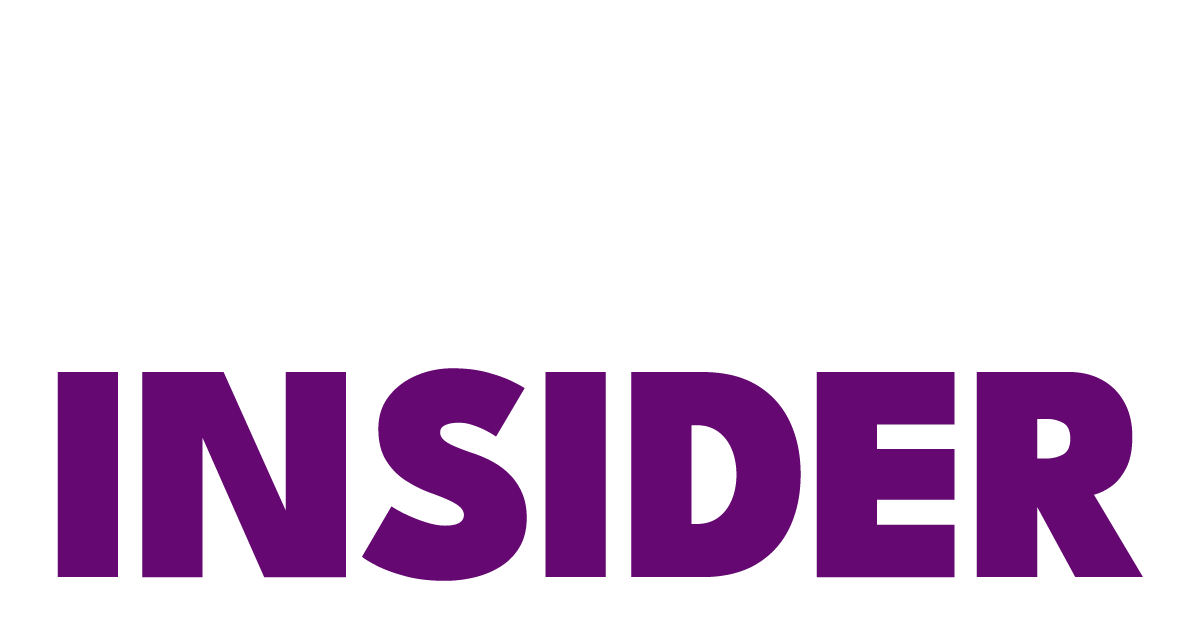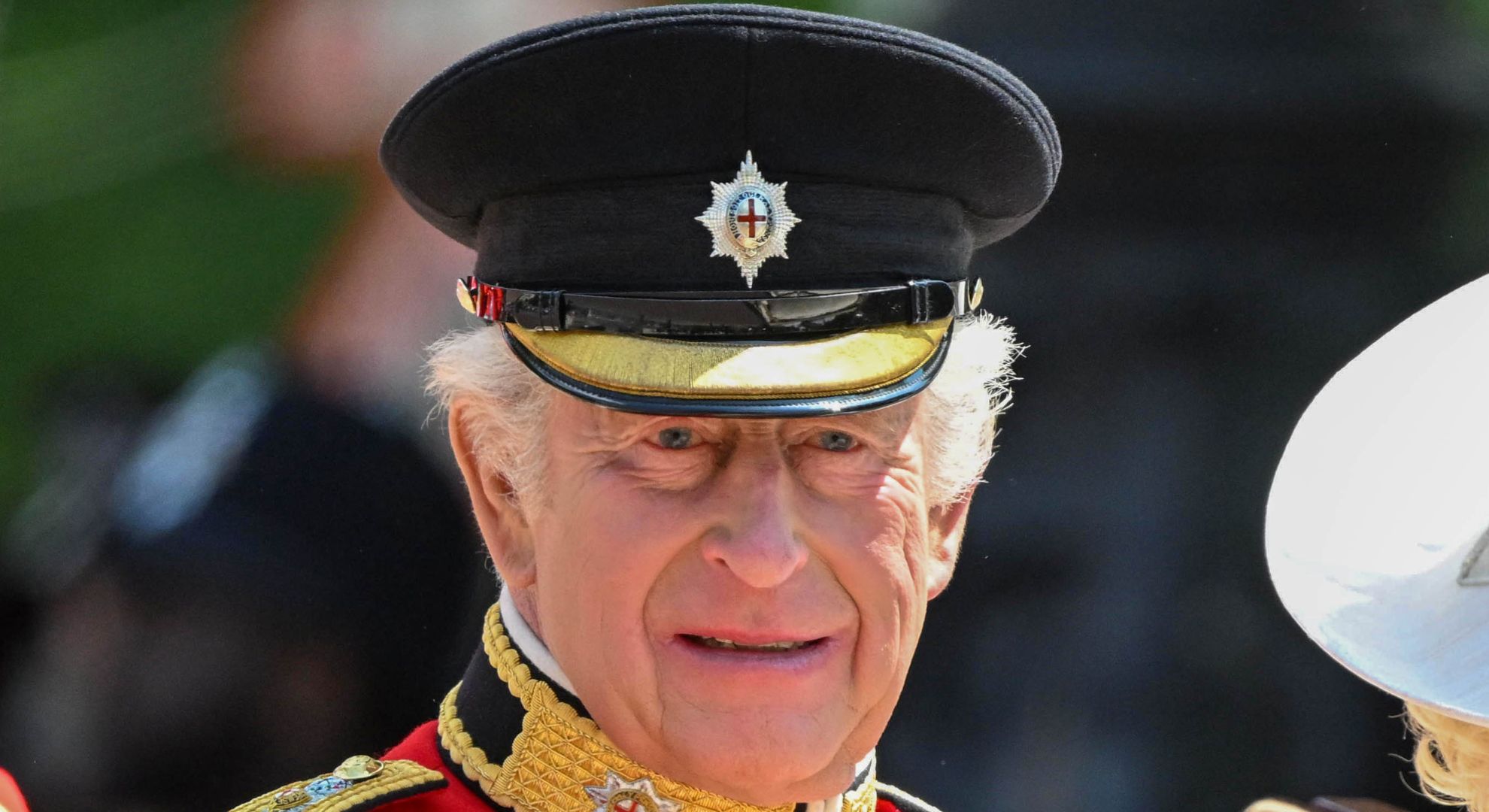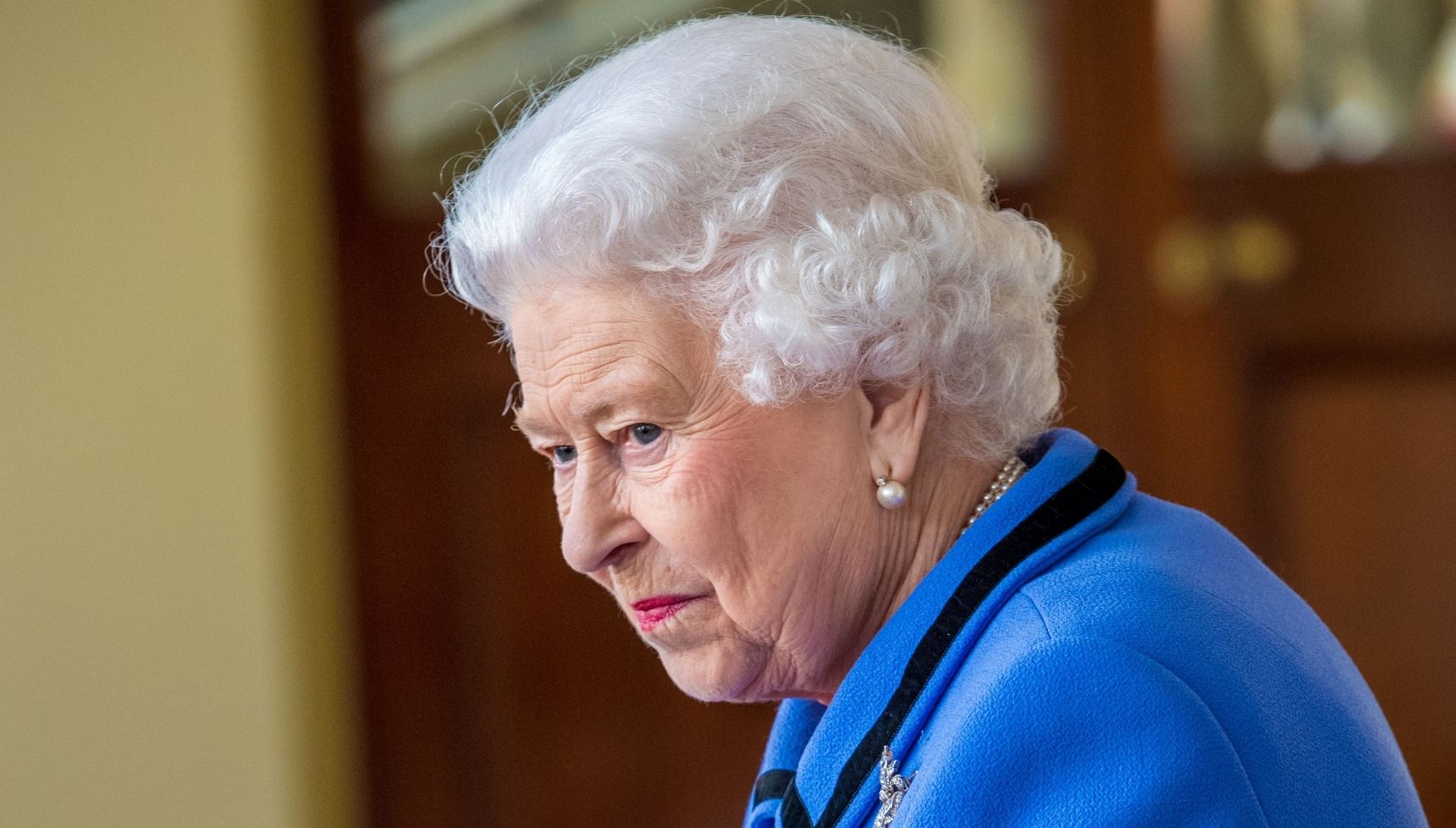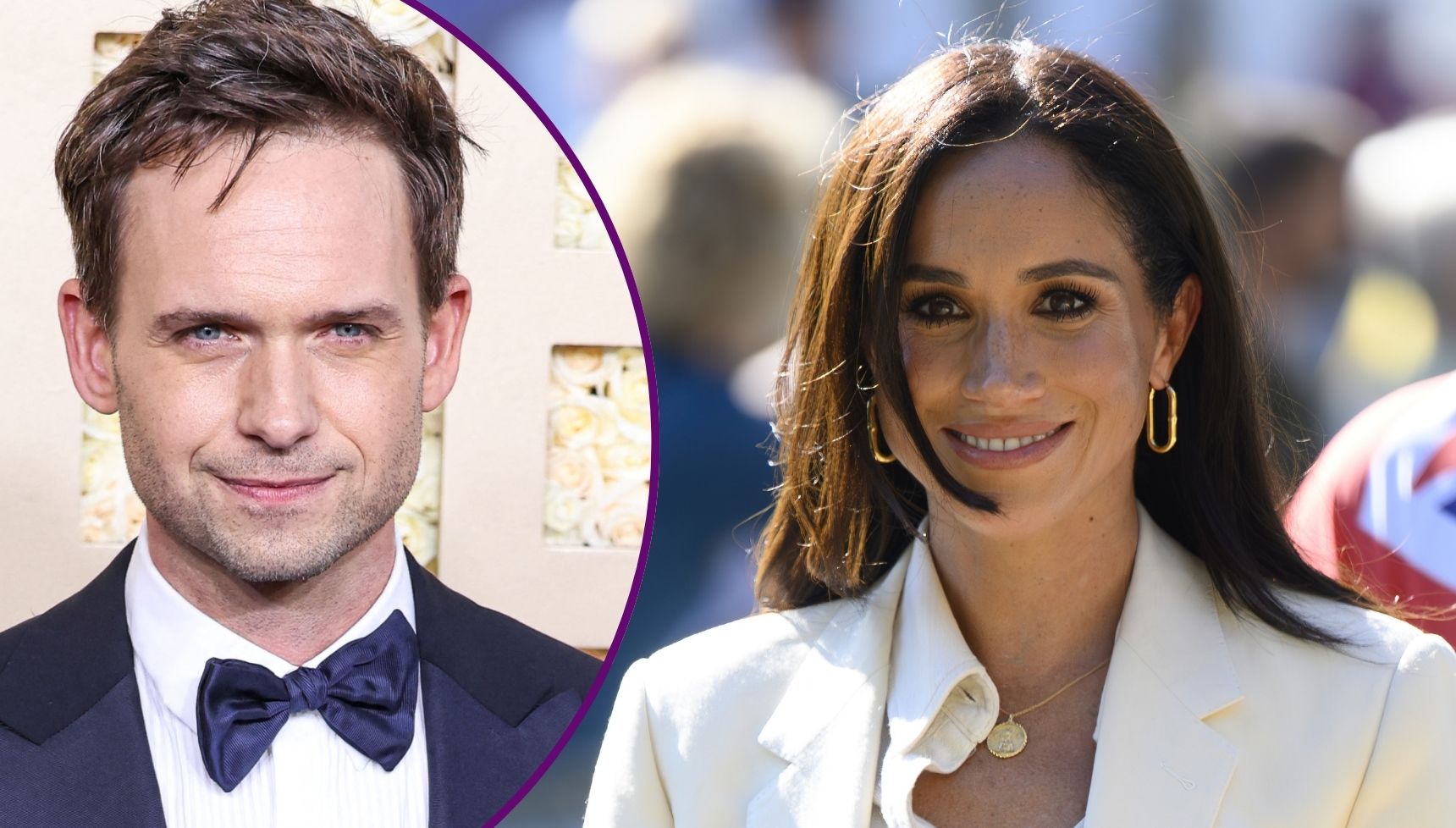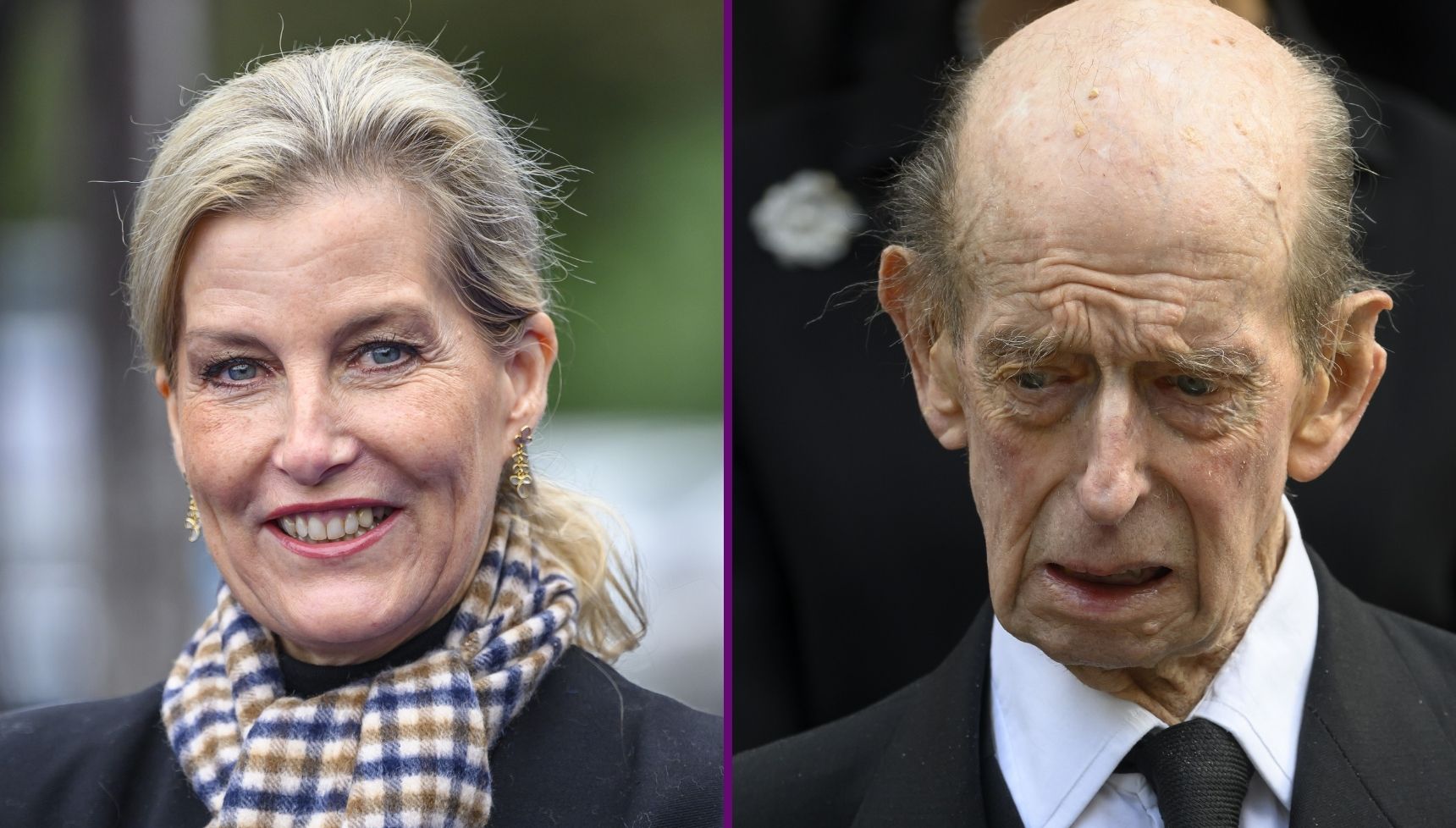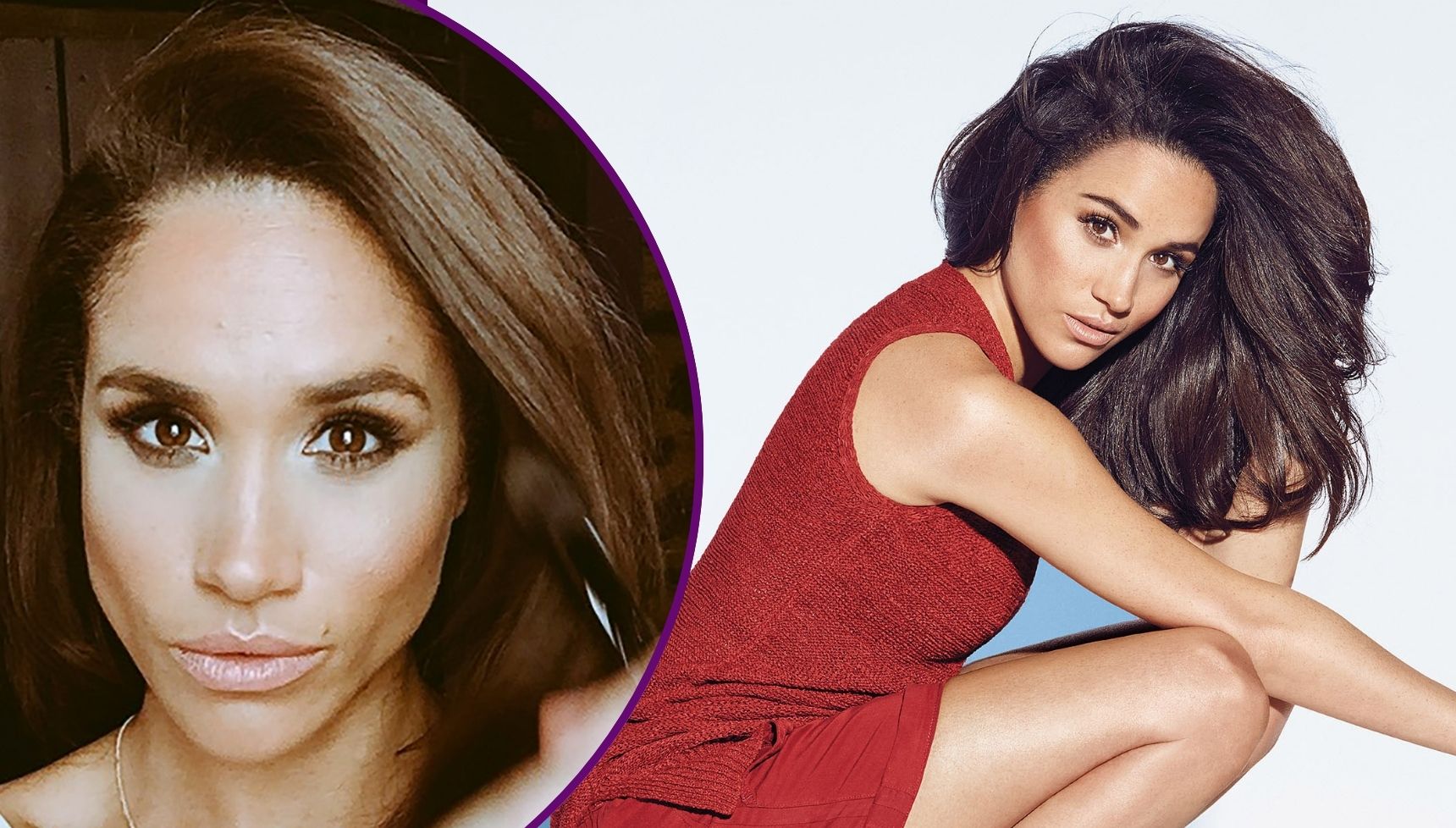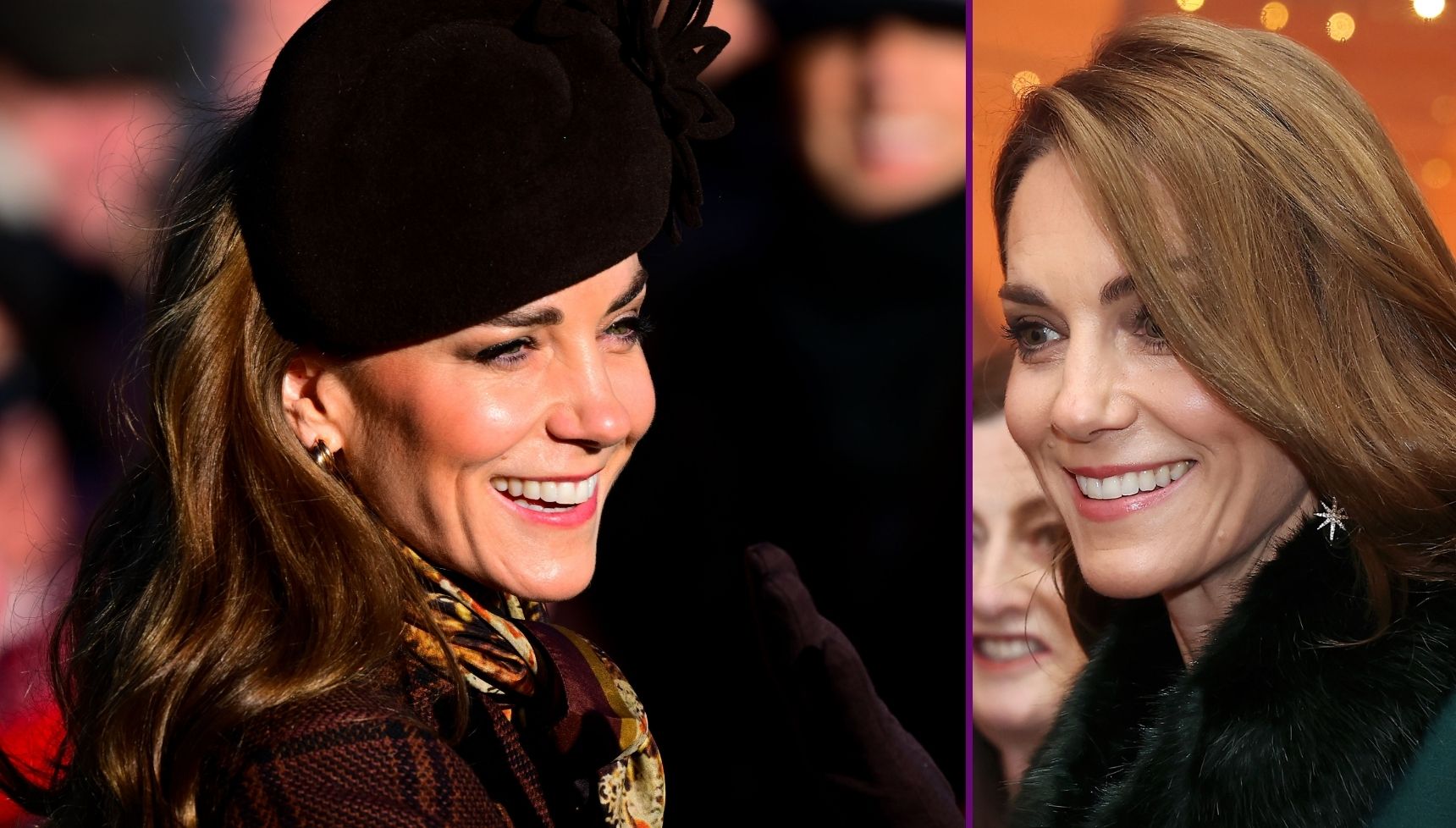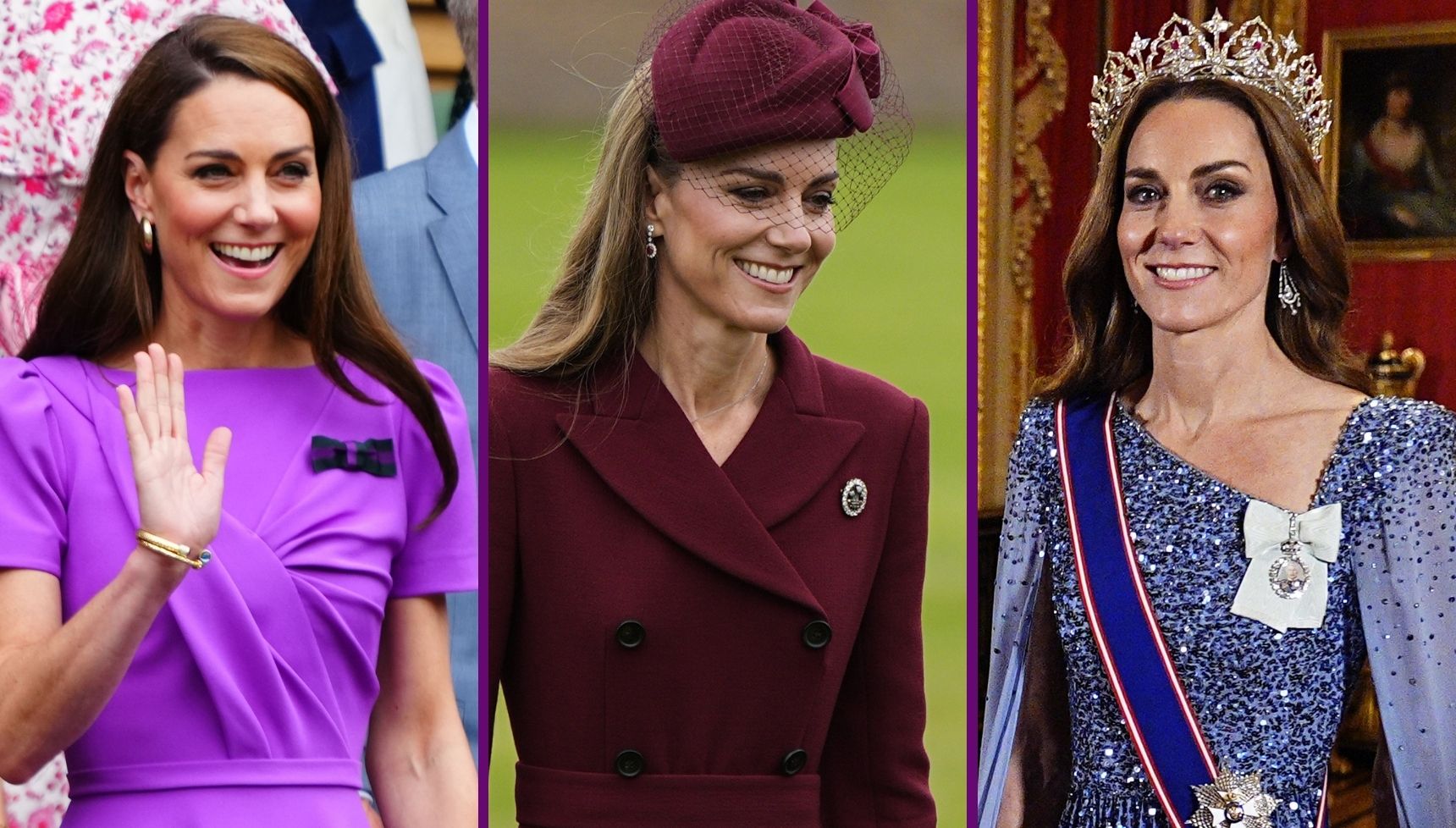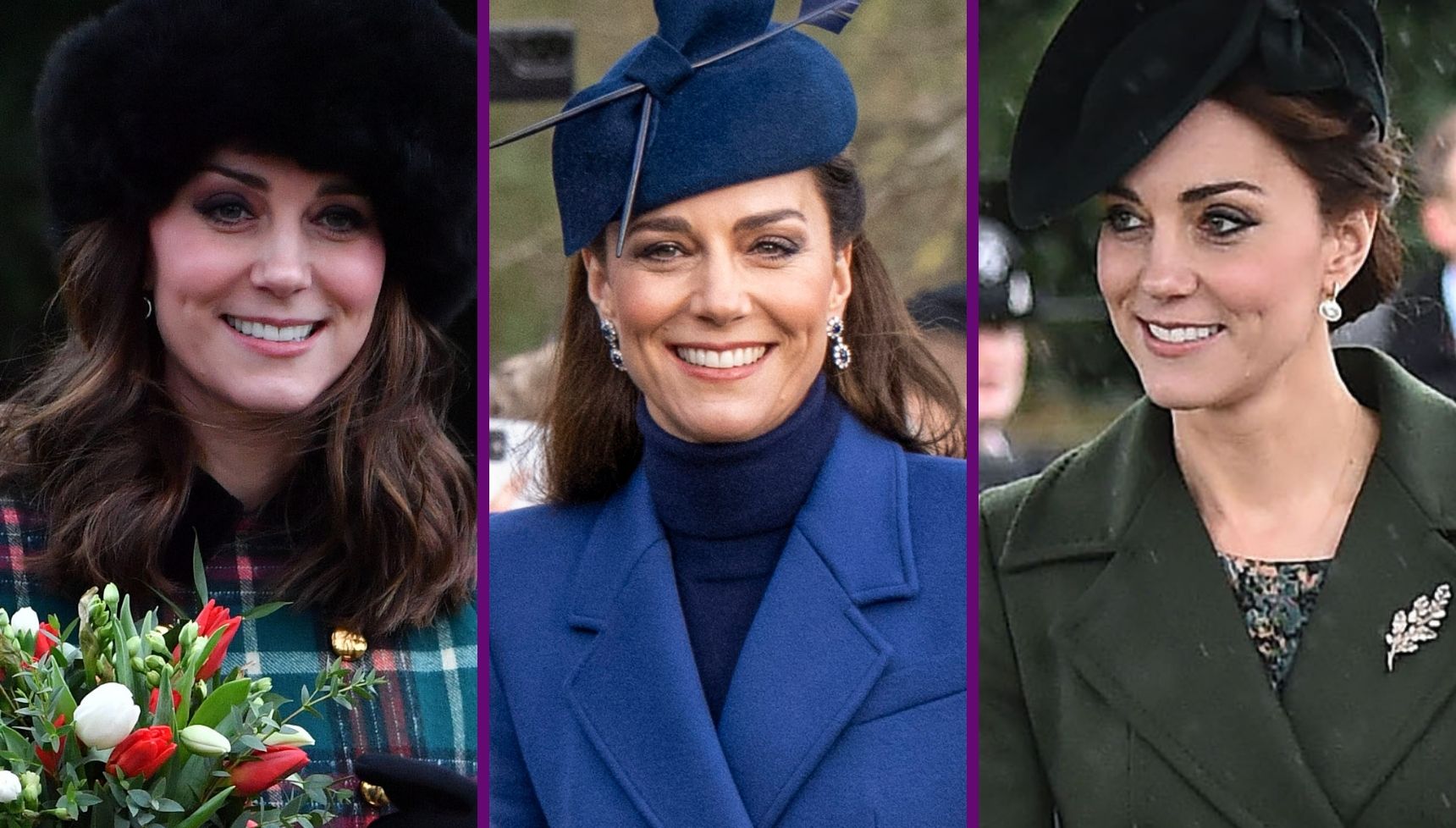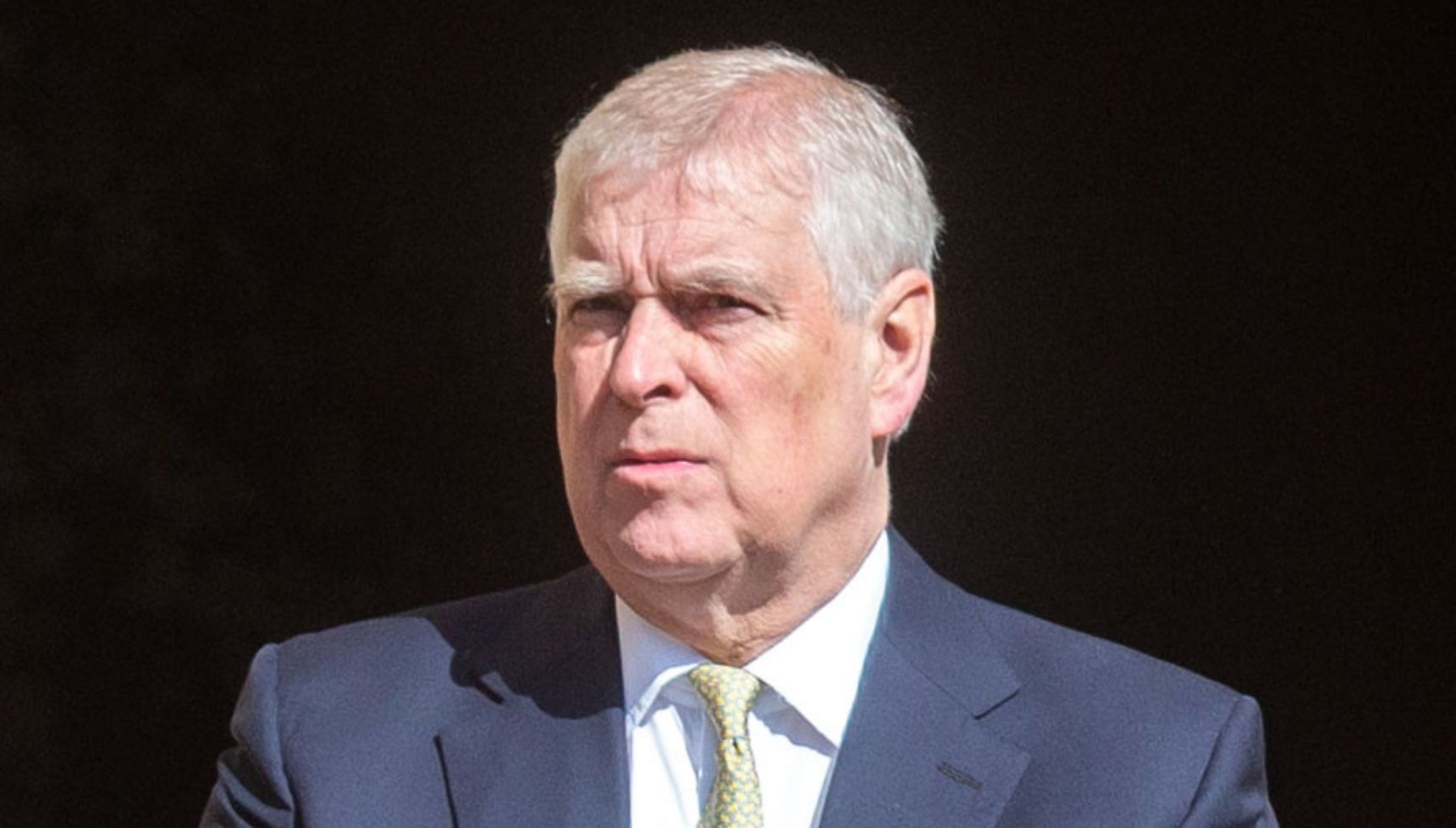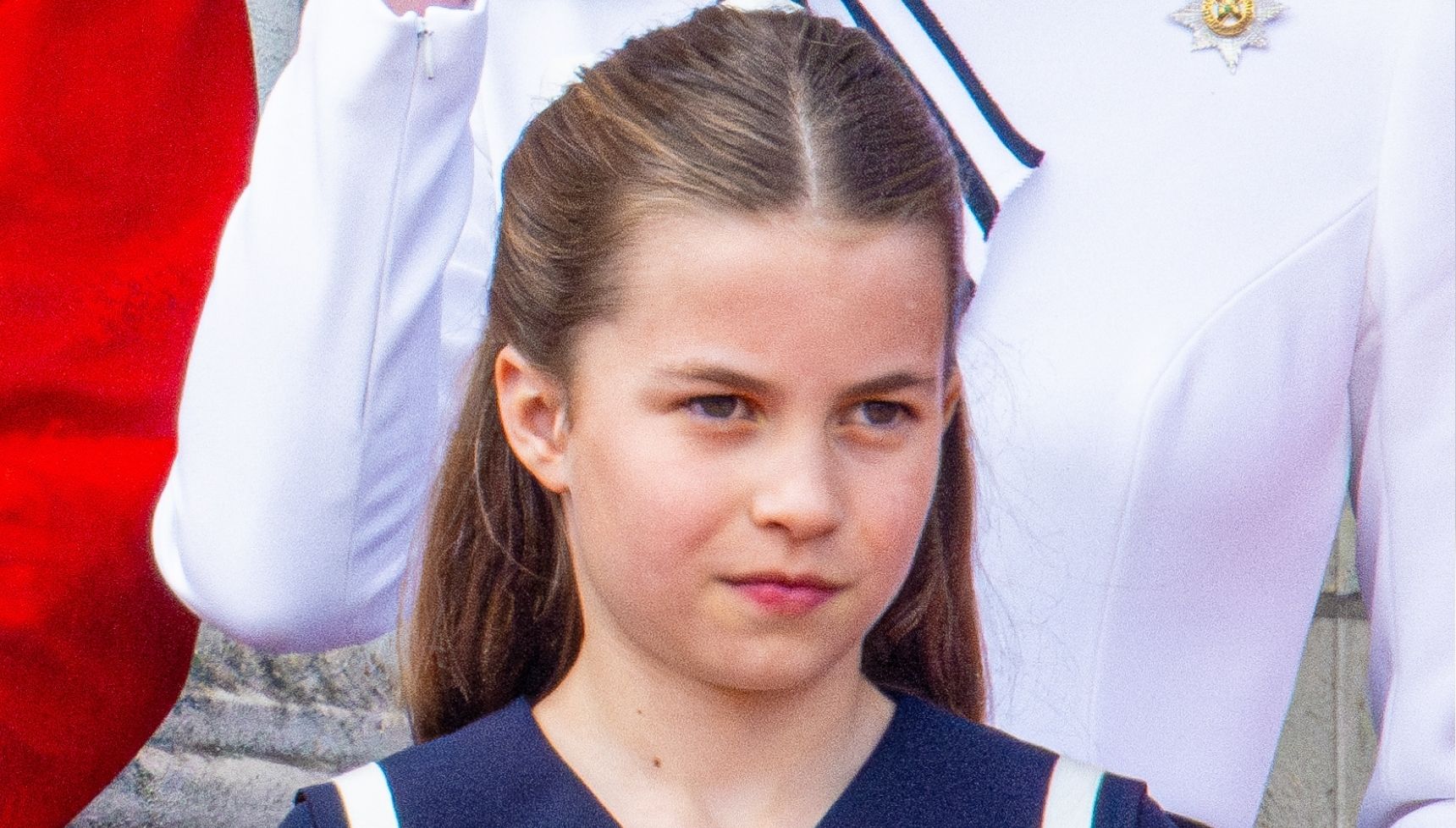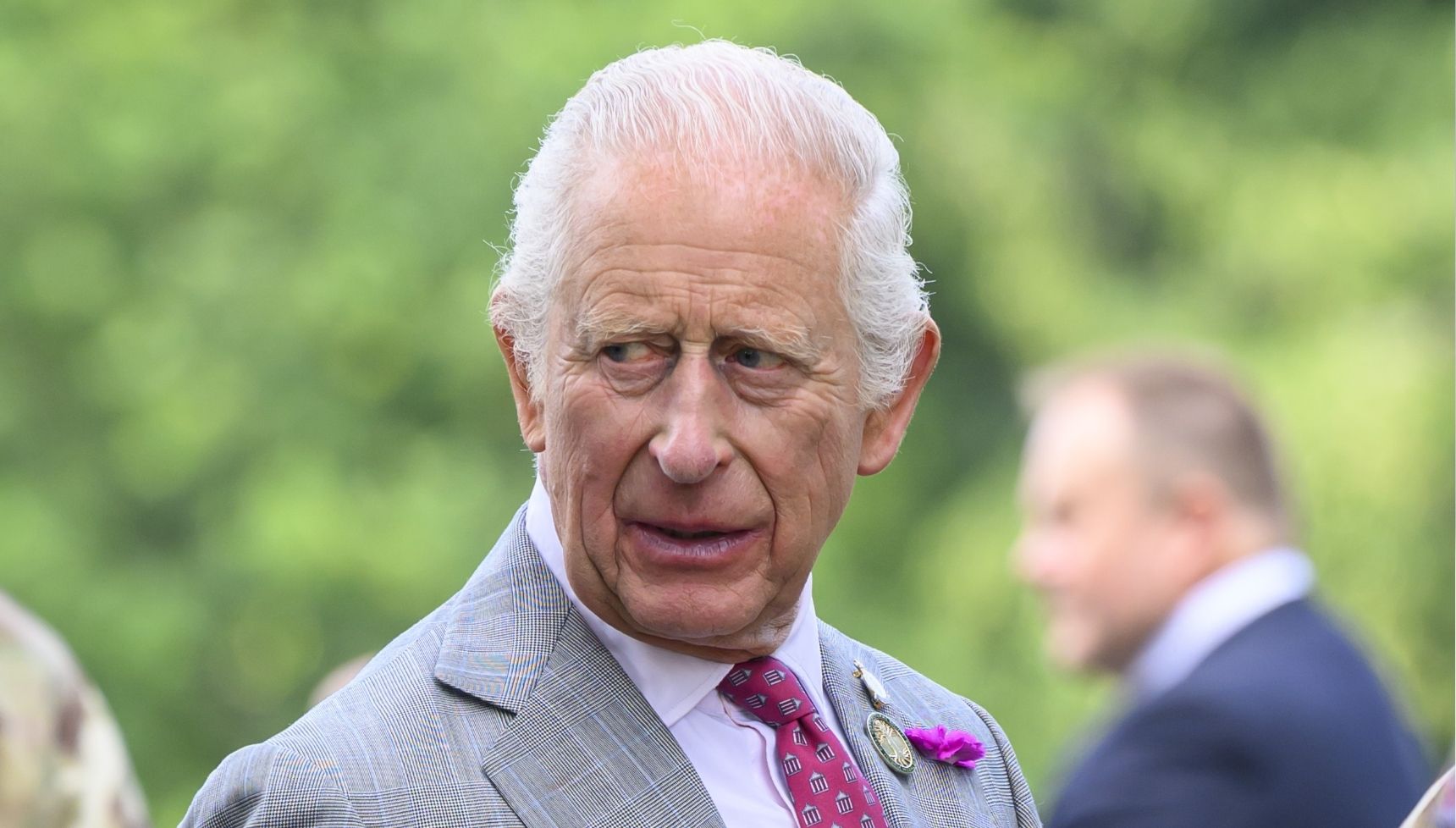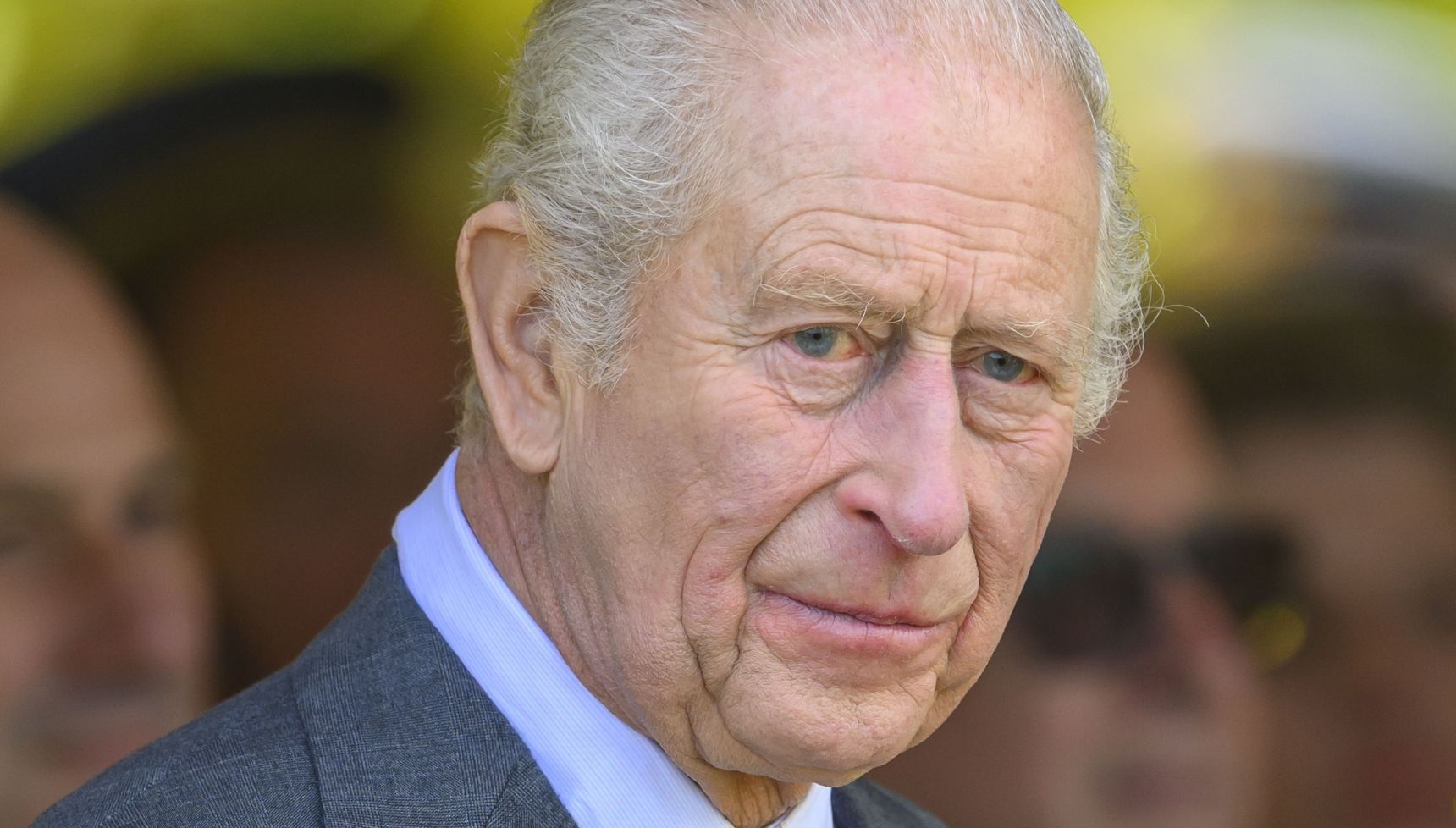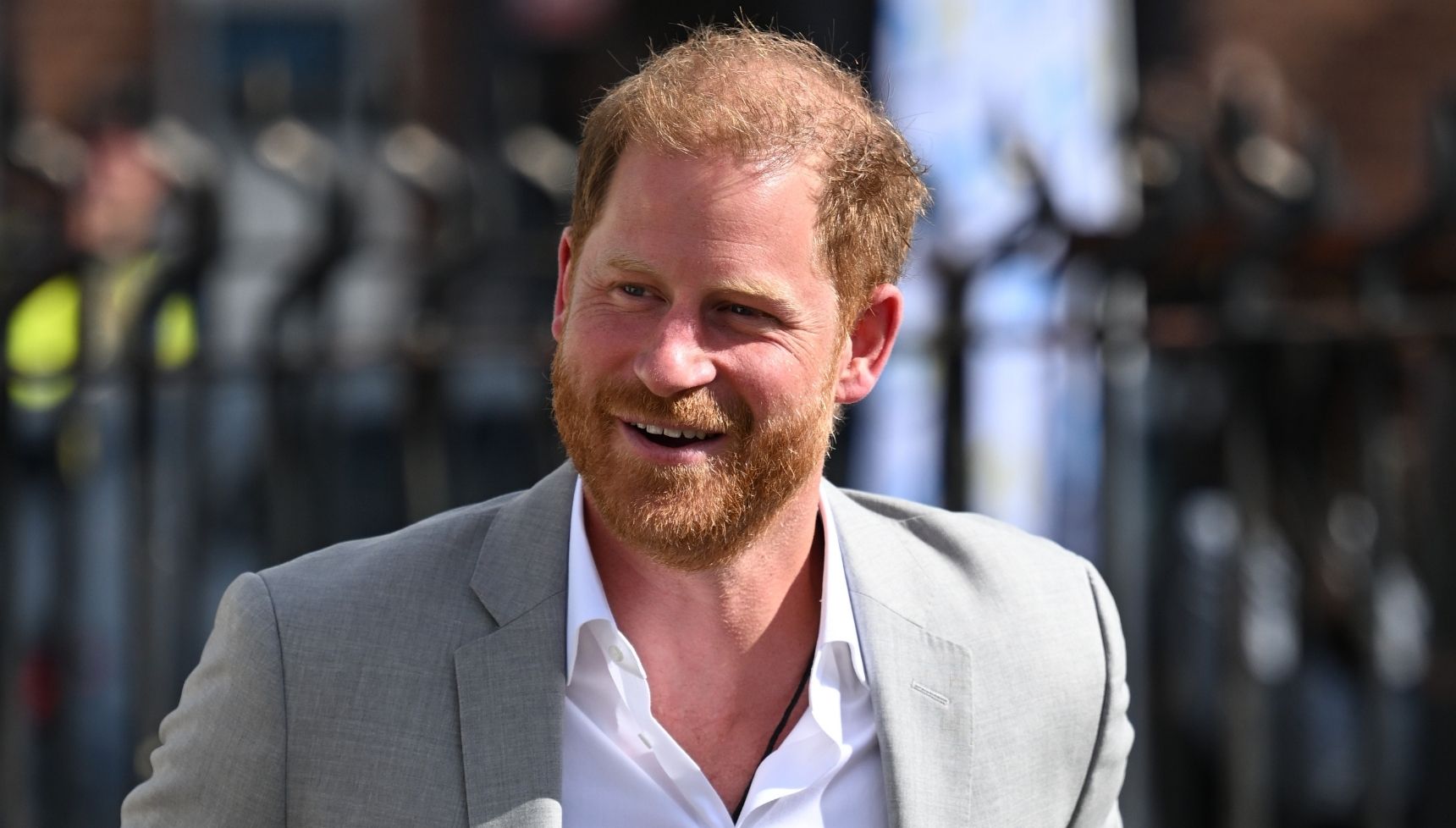King Charles' real powers when it comes to a general election and dissolving parliament
Elon Musk made a political request to the king earlier this yearKing Charles serves as the head of state of the UK, but his political role is far more limited than many may assume, especially when it comes to dissolving Parliament and calling a general election.
Questions over his power often resurface whenever a general election is discussed, particularly around the decision to dissolve Parliament.
But what role does King Charles have in these decisions? Let’s take a look.

King Charles’ role in a general election
A general election takes place when Parliament is dissolved. This is the official end of a Parliament and seats in the House of Commons become vacant.
However, before Parliament can be dissolved, the Prime Minister must “request” that the king dissolve Parliament. Only once that is accepted can a general election be called.
Following an audience with the king, the Prime Minister then usually makes a public statement outside 10 Downing Street. In that, the PM announces that the monarch has granted their request for a dissolution.
The procedure ensures that the UK remains a constitutional monarchy, where the elected government, rather than the monarch, holds political power.

Elon Musk’s request to King Charles over dissolving Parliament
The power of the king sometimes sparks confusion within the public, as it did earlier this year, when Elon Musk suggested that King Charles dissolve Parliament.
Tesla CEO Musk wrote on X in January: “It is my earnest hope that His Majesty considers this matter in the interests of his subjects,” on the topic of dissolving Parliament.
Constitutional experts quickly clarified that this is not within the monarch’s independent authority.
Speaking to Forbes earlier this year, Alicia Kearns, a Conservative MP, emphasised that Musk should carefully check information before sharing it online. As a result, the Conservative Party has criticised him for spreading factually inaccurate claims, highlighting the importance of reflecting on the accuracy of public statements.
This particular incident underscores a wider misconception: In practice, the monarchs serve ceremonial and symbolic functions, rather than influencing government decisions. The monarch historically only acts at the request of the Prime Minister.
Read more: Prince William ‘aware of the dangers’ over King Charles and Harry ‘meeting’ in UK
King Charles embodies the modern constitutional monarch: a figure that remains politically neutral and carries out essential ceremonial duties.
As stated by the royal family’s official website, the monarch plays an “important part in the life of the nation”. However, the “ability to make and pass legislation resides with an elected Parliament” rather than the king.
It adds that the sovereign “acts as a focus for national identity, unity and pride; gives a sense of stability and continuity; officially recognises success and excellence; and supports the ideal of voluntary service”.
What do you think? Let us know by commenting on our Royal Insider Facebook page.
